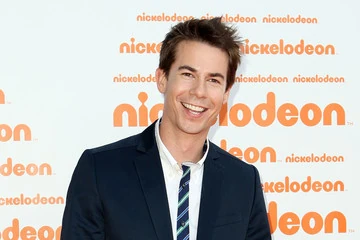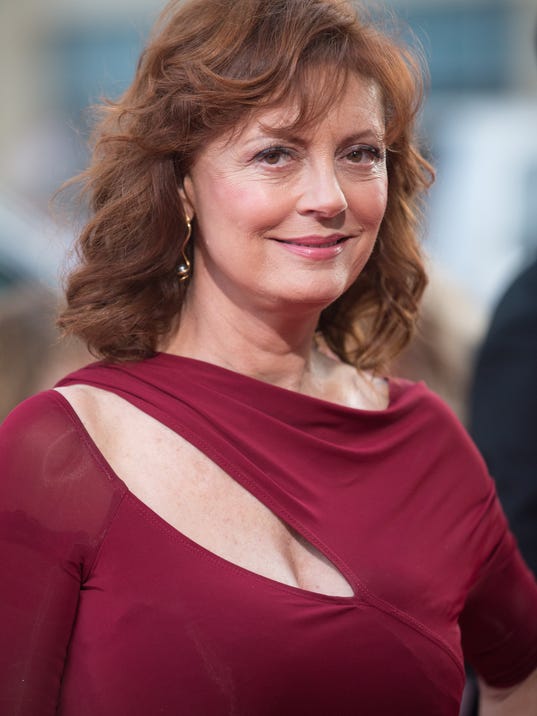So writing about
writing is a valid topic because we spoke about it in class! William Byrd would
be so proud. The discussion in class did make me realize that if I truly want
to improve in my writing, and if I ever want to be able to convey my thoughts more
easily and readily, I should be writing every day. Writing has always been
something that I enjoy, and for a while I did keep little journals, only to
throw them all away because I was nervous that someone might read them. How
crazy? My 7th grade worries were still my sophomore in college worries. Just
like my journals, I did not care for anyone to read my blog posts, so much so
that I erased my URL off of the blog post form that was posted earlier this
semester. And I know I am not the only one; someone even spoke about having a
password on their blog. So why are we so afraid to have people read what we
write? Do our thoughts make us that vulnerable? I guess they do, but why? Part
of me understands feeling vulnerable, especially online, where nothing is truly
"gone forever," but another part of me thinks that maybe we just feel
like our thoughts are not good enough, or powerful enough? Or that our thoughts
have already been better articulated with someone of much higher prestige? So
what?! If we have something to say, and I know we all do, we should say it. Too
many things go unsaid in this world. What if Kate Chopin would not have written
"Desiree's Baby?" What other piece of Southern Gothic literature
would I still be obsessing over, and have referred to 20+ times in my blogs?
Just think if Edgar Allan Poe would not have written his gothic pieces! I'm
afraid gothic would not have had the face and the image and reputation it does
without good 'ole Poe.
It’s just silly to think that we do not feel adequate enough
to have our writing out there. I even passed up a spot writing for the Odyssey
Online Blog this semester because I was too nervous to have people read my
posts. I justified to myself that it was because I would embarrass myself later
on, or that I would offend someone, or my writings would be too generic. So
what? My TimeHop app never fails to show me all of the embarrassing posts I’ve
put on Facebook. I should have taken the chance. My not venturing out is well
in part of me not writing on a regular basis. I can’t expect to run a marathon
without exercising, so why should I expect to be good and comfortable when
writing if I don’t practice?
So to help myselllllf, I have started writing daily. I have a
cool little journal that is pretty great and has inspirational sayings on it.
*aww* It’s exciting, and I do plan to stick with it, so much so that if I start
to miss days, I have already promised myself that I will set a daily alarm to
remind myself. I’m also going to start reading daily, which I feel like will
help me even more with my writing.
~ Thank you for teaching Southern Gothic, it was an
incredible class. Not only did I learn about Southern Gothic, I learned about
just every day, regular stuff- like my grades don’t define me, I need to write
daily, and it exposed me to doing assignments out of the box, [blog posts]!
*Also, I’m really happy that we learned about Gaines and visited his section of
the library because I had no idea about any of that until this class* I really
enjoyed this class and having you as my teacher. Thank you so much, Lucy! ~













